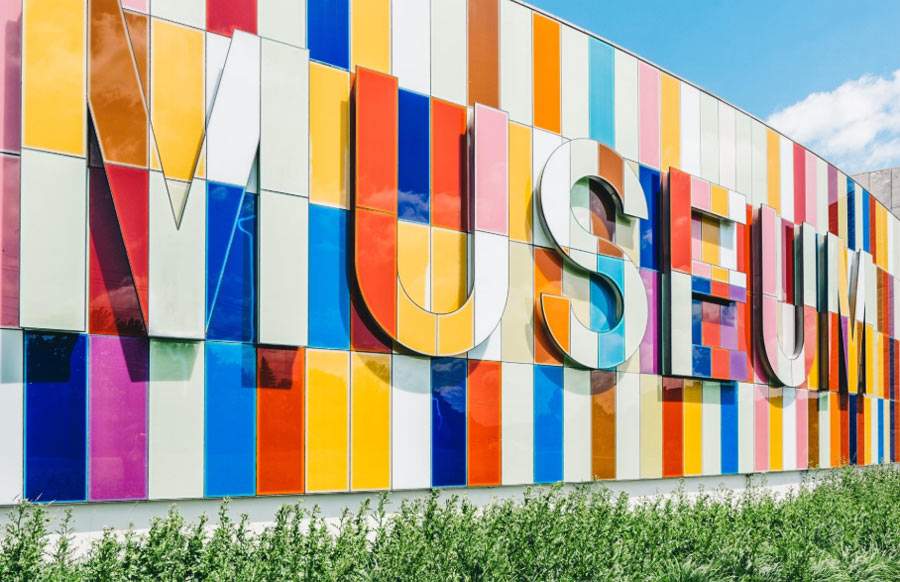After years of debate, todayICOM, the International Council of Museums, the main body representing museums around the world, approved the new definition of the word "museum.“ The definition was approved today at 2 p.m. during ICOM’s Extraordinary General Assembly in Prague, with a 92.4 percent majority. Here is the new definition: ”A museum is a not-for-profit, permanent institution in the service of society that researches, collects, conserves, interprets and exhibits tangible and intangible heritage. Open to the public, accessible and inclusive, museums foster diversity and sustainability. They operate and communicate ethically, professionally and with the participation of communities, offering varied experiences for education, enjoyment, reflection and knowledge sharing."
Here is the provisional Italian translation prepared by ICOM Italy, which will soon be the subject of discussion with ICOM Define (the defining committee) and the other National Committees that have Italian as their official languages: “A museum is a permanent non-profit institution at the service of society, which researches, collects, preserves, interprets and exhibits material and intangible heritage. Open to the public, accessible and inclusive, museums promote diversity and sustainability. They operate and communicate ethically and professionally and with community participation, offering diverse experiences for education, enjoyment, reflection and knowledge sharing.” The new proposal was formulated by the ICOM Define committee, coordinated by Bruno Brulon and Lauran Bonilla-Merchav, which was widely attended by the National and International Committees, which in turn participated in the work after extensive consultations among members.
According to ICOM, this new definition is in line with some of the major changes in the role of museums, and recognizes the importance of inclusiveness, community participation, and sustainability. Following the election at the upcoming Ordinary General Assembly of ICOM’s governance, there will also be a meeting to define the next steps for the implementation and adoption of the new definition, in collaboration with ICOM Define.
The new definition replaces, after exactly fifteen years, the one approved during the twenty-second General Assembly of ICOM held on August 24, 2007, in Vienna: “A museum is a permanent, nonprofit institution, at the service of society, and its development, open to the public, which conducts research into the tangible and intangible evidence of man and his environment, acquires, preserves, and communicates it, and specifically exhibits it for purposes of study, education, and enjoyment.” The definition of “museum” was incorporated into Italian law by the MiBAC Ministerial Decree of Dec. 23, 2014, “Organization and Operation of State Museums,” which took it up in its entirety in Article 1.
At the international level, the discussion on the role and definition of the museum then continued almost uninterruptedly. Following the 2016 ICOM General Conference in Milan, a new Standing Committee was appointed to study and modify the definition of a museum. The Committee, which was formed to further explore the definition, prospects and potentials of the Museum (Committee on Museum Definition, Prospects and Potentials, MDPP, 2017-2019), aimed to provide a critical perspective on the current definition in the international context.
After years of consultation, the new definition was proposed inAugust 2019, ahead of the General Assembly that year in Kyoto on September 7. The definition proposed in 2019 was much longer: “Museums are democratized, inclusive and polyphonic spaces for critical dialogue about pasts and futures. Recognizing and addressing the conflicts and challenges of the present, they preserve artifacts and specimens in safekeeping for society, safeguard diverse memories for future generations, and ensure equal rights and equal access to heritage for all people. Museums are nonprofit. They are participatory and transparent and work in active collaboration with and for diverse communities to collect, preserve, research, interpret, exhibit and enhance understanding of the world, aiming to contribute to human dignity and social justice, global equality and planetary well-being.” However, it did not meet with unanimous favor and sparked a series of controversies, from which also resulted in a series of chain resignations due to the excessive diversity of views of the various souls of ICOM. According to the Italian committee, for example, it was inadequate because it was too narrowly focused on the role of conservation, too long and too difficult. It therefore took three years of further work, confrontation and debate, but in the end ICOM has a new definition for the word “museum.”
 |
| ICOM approves new definition of the word museum: here's what it is |
Warning: the translation into English of the original Italian article was created using automatic tools. We undertake to review all articles, but we do not guarantee the total absence of inaccuracies in the translation due to the program. You can find the original by clicking on the ITA button. If you find any mistake,please contact us.